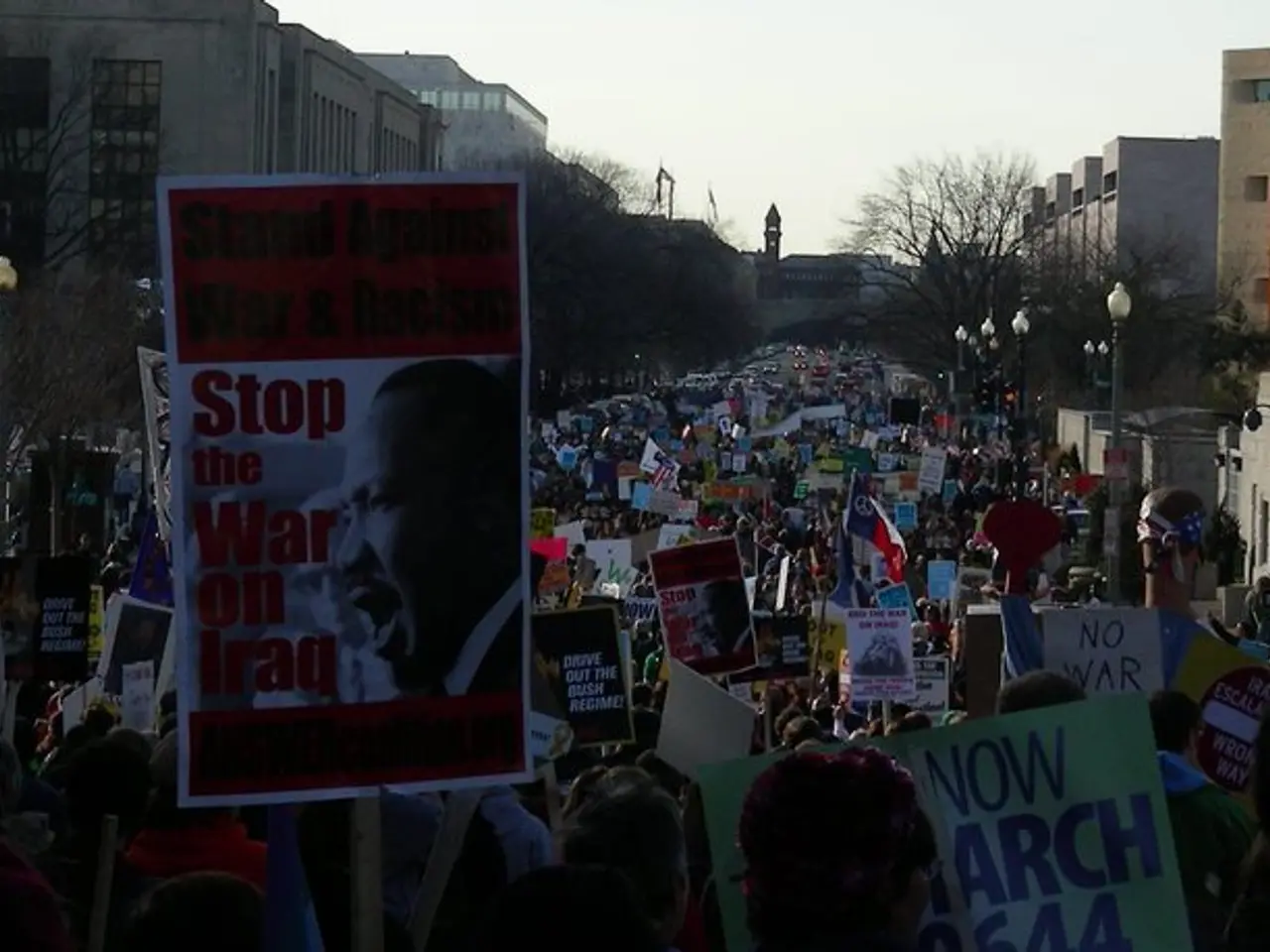Munich's Bid for the 2036, 2040, or 2044 Olympic Summer Games
City council set to decide on application today.
Munich, the bustling city of Bavaria, is throwing its hat in the ring for the next Olympic Games. Let's delve into the significant financial implications, public consensus, and potential advantages this megaproject might bring.
The Cash Flow
- Bidding Costs: Expect Munich to shell out between €6-7 million to secure the bid process[4].
- Game Time Spending: The definitive cost of the Games itself remains elusive at the moment[4]. However, the city anticipates that around 95% of the expenses will be covered through private channels like sponsorship, ticket sales, and media rights.
Putting the City on the Map
- Leadership Support: Munich's Mayor, Dieter Reiter, has endorsed the bid, signaling strong political backing[4].
- Public Discourse: Although no specific public referendum has been organized, the Olympics are sparking conversations about upgrading Munich's sports infrastructure and enhancing its international appeal[4].
Perks and Advantages
- Infrastructure Boost: The revamp of Munich's old 1972 Olympic grounds forms a central part of the plan, aiming for long-term improvements in local sports facilities[4].
- Economic Boom: Hosting the Olympics could pump a considerable amount of money into the region through tourism and infrastructure development, although opinions about the scale of benefits vary widely[4].
- Cultural Exchange: The Games might add to Munich's cultural allure, attracting a diverse array of international visitors and fostering cross-cultural exchange[4].
- Regional Camaraderie: Munich plans to cooperate with other federal states for certain events such as football and sailing, potentially fostering collaboration and development[4].
Roadblocks and Challenges
- Competition: Munich isn't the only city vying for the Olympics. Berlin is also putting forth its bid for the 2036 Games[3][5].
- Popular Opinion: While Munich hasn't needed to face a referendum like some other German cities, public sentiment could still influence the bid's success[3].
In essence, Munich's bid is strategically aimed at minimizing new construction costs by leveraging existing infrastructure, with an emphasis on cultural and economic benefits for the region.
- The proposed Olympic bid by Munich for the 2036, 2040, or 2044 Games is not limited to sports-related aspects, as it also embraces policy-and-legislation and politics, with Mayor Dieter Reiter providing leadership support.
- The sports-analysis sphere is keeping an eye on Munich's Olympic bid, given the potential enhancements to its sports infrastructure, such as the revamp of the old 1972 Olympic grounds, and the possibility of cooperation with other federal states for events like football and sailing.
- The ongoing discussions about Munich's Olympics bid extend beyond general-news, touching upon economic implications such as the expected benefits from tourism and infrastructure development, as well as potential cultural exchange through the attraction of a diverse range of international visitors.








